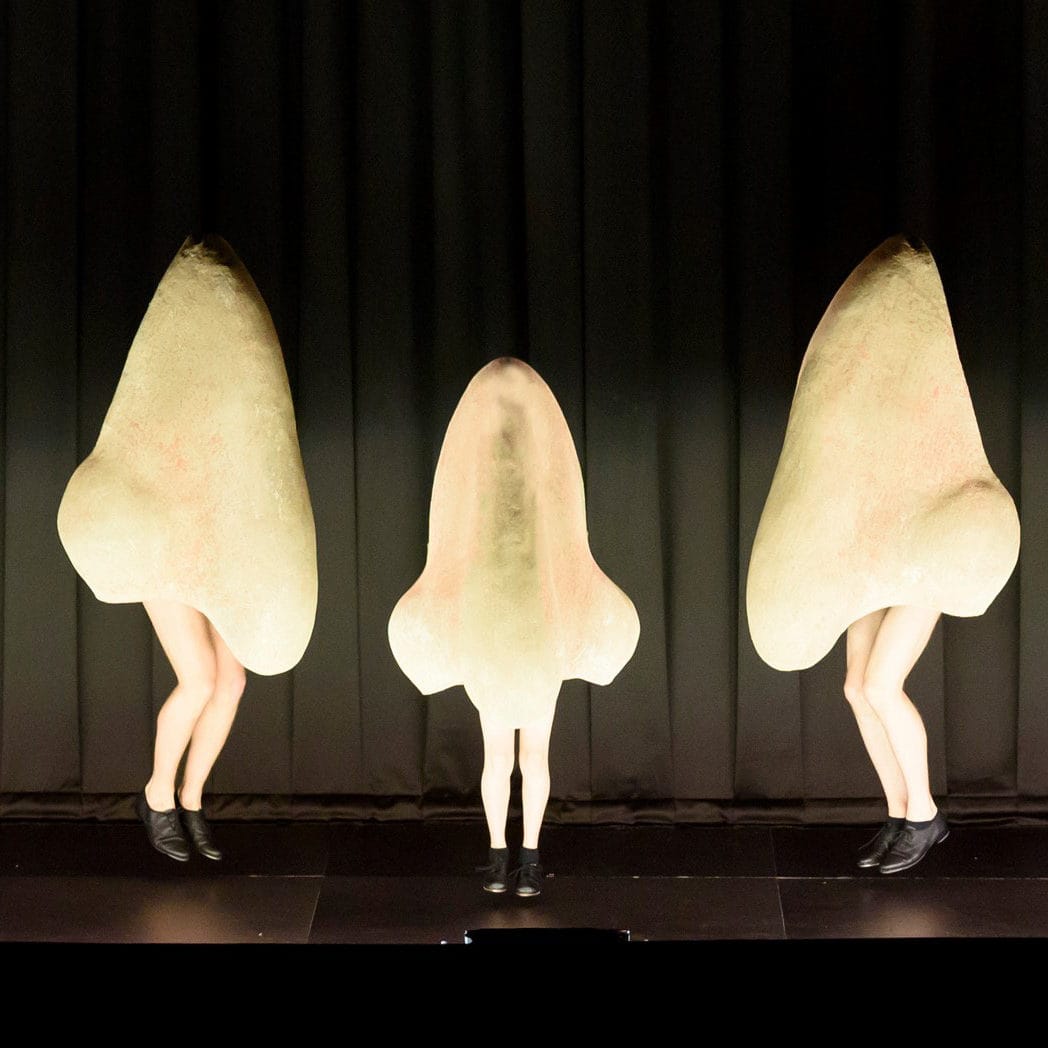Opera: On the nose, or meeting the market?
🔗 [SYSTEM UPDATE] Link found. Timestamp incremented on 2025-11-26 13:55:13.Large noses tap dancing their way across the steps of the Opera House heralded the launch of Opera Australia’s 2018 program. It was fun, but will it be enough? ANGUS SMITH looks at the opera company's current position in...


Large noses tap dancing their way across the steps of the Opera House heralded the launch of Opera Australia’s 2018 program. It was enough to delight the attending media, but will the coming season’s production of Shostakovich's opera, The Nose, be enough to stem the criticism that has plagued the nation’s leading opera company?
ANALYSIS
By ANGUS SMITH
In recent years, Opera Australia has been mired in controversy. Criticism has ranged from the high cost of tickets, the lack of Australian content and leads, to the controversial decision to stage blockbuster musicals, which are commercially viable without taxpayer input.
There is also the allegation that the activities of what is meant to be a national company are highly concentrated in Sydney.
Leading Australian tenor Stuart Skelton took his frustrations to classical music publication Bachtrack earlier this year.
Subscribers weren't going back to Opera Australia because they were getting the same material over and over again, claimed Skelton, who recently has only been accepting gigs with opera houses offshore.
“How many times can you do Gale Edwards’ Bohème? Four times in six seasons? And it’s not selling any more ... Okay, they’ve increased ticket sales [overall], but they’ve increased ticket sales to My Fair Lady,” he said.
From 2009 to 2015, mainstage opera attendances at Opera Australia dropped by 27 per cent. In the same period, almost half of all attendances were for musicals and other non‑mainstage productions.
While federal and state funding has steadily grown over the past decade — to more than $25 million in the 2016 calendar year — the same can’t be said for attendance/ticket sales for traditional opera.
Former The Age opera critic Michael Shmith, in a recent wide-ranging piece in the Australian Book Review, lamented the decline of opera reporting, describing it as “a form of slow cultural asphyxiation”.
An 18-month National Opera Review for the federal government, which was handed down in 2016, made 118 recommendations in relation to Australia’s major opera companies.
The review found Australian opera companies should present new work “that reflects Australia’s national character and is emblematic of its own time and place is essential to the ongoing artistic vibrancy of the art form.” Opera Australia has commissioned some new works in recent years.

The review recommends that “Governments should support the development of new work, particularly through experimentation, workshops and smaller scale activities”.
For 2018, Opera Australia has commissioned six new works from Australian composers, three of whom are women. However, no indication has been given as to when any of them will be performed, and no new original Australian works are being performed in the new Opera season.
The launch of Opera Australia’s most recent Ring Cycle production in Melbourne was picketed by protesters led by one of Australia’s most notable composers, George Dreyfus.
The protest culminated with Dreyfus sprawled on the ground to block entry to the audience, while his own "orchestra" gathered around playing a tune from his never-performed opera.
The protest made two points. Dreyfus is critical of Opera Australia’s continual production of works such as the Ring Cycle — already scheduled again for 2020 — to the exclusion of Australian works.
But there is another important issue a bit closer to home: In 1969, Opera Australia commissioned Dreyfus to compose an original Australian opera, but the resulting piece, The Gilt-Edged Kid, was never performed. Dreyfus describes this as tantamount to theft and has been campaigning for justice ever since.
Many of the findings by the National Opera review echo the criticisms that have dogged the opera company since the 1970s. In the intervening years, the company has received more and more funding while the medium seems to have become less and less popular.
It is Opera Australia’s hope that 2018 program will start to turn this around.
Read Angus Smith's story of George Dreyfus and The Lost Opera here.





